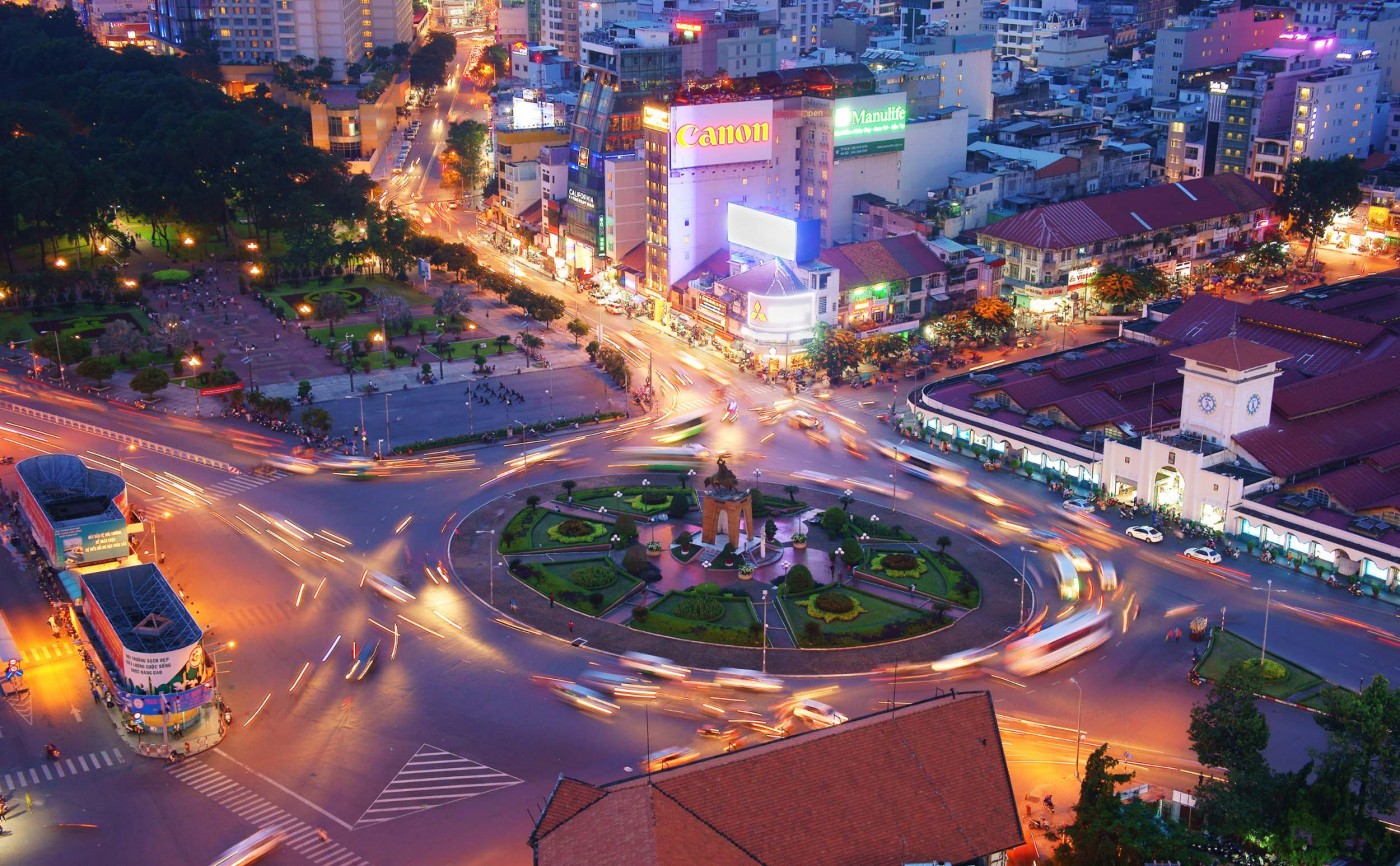Vietnam Property: A Future Hotspot?
The Vietnamese property market may finally be shaking off its cobwebs and garnering interest from foreign investors as changes in its Housing Laws allow for greater foreign ownership. Previously, most foreigners living and working in Vietnam had to rent due to the very strict regulations emplaced to own a house, which includes a visa, university education, a Vietnamese spouse, and to have contributed ‘significantly’ to the local economy.
Housing Law Changes
That is about to change with the long-awaited Housing Law amendments that Vietnam’s National Assembly passed on 25 November. The law, which will take effect from 1 July, 2015, will remove most of the former restrictions on foreign buyers, and allow foreigners with a valid visa, as well as foreign companies and international organisations to purchase property in the country. The only caveat is that foreigners will be restricted to owning up to 30% in any apartment building or 250 houses per ward.
Property Market
The liberalisation of property ownership rules will greatly benefit the upscale segment of the Vietnamese property market, which had suffered tremendously after the local property bubble that occurred in 2008 to 2009.
According to CIMB Research, most of the remaining unsold properties consisted of high-end apartments priced above US$150,000. With Hanoi and Ho Chi Minh City’s per capita income at around US$4,000, most of these properties are out of the reach for the locals. However, with only an approximated 15,000 of these apartments left unsold and a current pool of 70,000 expatriates, there is likely to be a greater demand for properties from foreigners. Jones Lang Laselle’s study showed rising demand for upscale properties in both Hanoi and Ho Chi Minh City for the 3rd quarter of 2014.
Hanoi saw 3,000 units sold with newly launched apartments accounting for 69% of the total volume. Interestingly, the take-up rate for high-end apartments saw significant increases, 25% higher in the 3rd quarter than the combined total for the first half of 2014. A likely reason for this could be that local buyers are pre-empting the Housing Law changes and choosing to make an early move on to choice properties, hoping to eventually resell them to foreigners.
Things are not so different over in Ho Chi Minh City, where apartments priced at over US$1,000 per sqm accounted for 39% of the total quarter’s sales of 2,700 units. Villas and townhouses grew in popularity, with an increase of 13% quarter-on-quarter and doubling the figure of same quarter in 2013. A CBRE report noted a massive 95.8% increase in new launch supply in Ho Chi Minh in the 3rd quarter alone.
Economic Prospects
In the first three quarters of 2014, Vietnam achieved a trade surplus of US$2.5 billion, with the USA being the country’s largest export market, accounting for US$21 billion in exports. According to The World Bank data, the real GDP growth rate in Vietnam has increased steadily from 5.06% in the first quarter of 2014, to 6.96% in the last quarter of 2014. The Economist’s analysis on Vietnam also reinforced the optimistic outlook with projections for real GDP growth in the country to pick up to between 6% and 6.4% per annum every year from 2016 to 2019.
Further data from Vietnam’s General Statistics Office showed that the country’s export revenues reached US$137 billion, a year-on-year increase of 13.7%, with 67% coming from the Foreign Direct Investment (FDI) sector.
There are also a number of trade pacts and agreements which are in active negotiations, and are expected to bolster Vietnam’s economy in the longer run. These include the Vietnam-European Union Free Trade Agreement set to be finalised in 2015, and the larger Trans-Pacific Partnership.
Jones Lang Lasalle’s Vietnam Property Brief also noted that Vietnam’s retail sales and service turnover increased by 6.2% year-on-year in the first nine months of 2014. Vietnam received about 6.1 million foreign visitors in the first nine months of 2014, up 10.4% year-on-year. As such, the mass market retail sector will likely continue grow as Vietnam will be required by its World Trade Organisation (WTO) obligations to permit businesses to be wholly-owned by foreigners.
These developments all point to a promising future for Vietnam’s economy, which will have a spillover effect onto the property sector as more businesses and expatriates pour into the country. Alternatively, the resurgent and newly open property market in Vietnam can be seen as an additional boon for investors who are already investing in or looking to invest in Vietnam.
Future
Overall, Vietnam’s offerings of affordable upscale properties along with strong foreign property demand and economic prospects will continue to entice investors.


